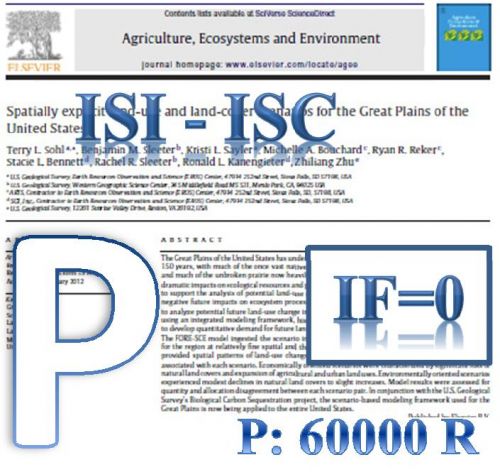Background: The respiratory tract has been the most commonly affected site of illness in HIV-infected patients. The current study was done to identify the frequency of respiratory complications in a consecutive case series of HIV-positive patients in Iran. Materials and Methods: This study was a retrospective analysis at the national academic reference medical center of Imam- Khomeini Hospital, in Tehran, Iran. The study included 199 new admissions for 177 HIV-infected patients between 2000 and 2005. Demographic characteristics, risk factors for HIV infection, respiratory complications, and CD4+ lymphocyte counts were evaluated in these patients. Results: All patients were males. The mean age was 35 years (age range: 15 to 63 years). Among 34 cases with available CD4+ lymphocyte count results, 70.6% had results <200 cells/mm3. Nearly half the patients (47.7%) had respiratory symptoms. The most common pulmonary complications were cough (86.3%), sputum (71.6%), dyspnea (54.7%), and hemoptysis (10.5%). The most common diagnosis was pulmonary tuberculosis (27.1%), followed by other bacterial pneumonias (16.6%) and pneumocystis carinii pneumonia (4.5%). Intravenous drug users who had history of incarceration had the highest risk factors for Mycobacterium tuberculosis infection (59%), and other bacterial pneumonias (52%). Conclusion: Our study demonstrates that respiratory complications are highly frequent in HIV patients in Iran and that pulmonary tuberculosis is still a common complication in HIV infected patients, despite the availability of effective treatment. Results suggest the need for more effective preventive and prophylactic measures, wider use of antiretroviral treatment and effective chemotherapy for Iranian patients with HIV/AIDS.
کلید واژگان :HIV, Respiratory complications, Tuberculosis, Iran
ارزش ریالی : 1200000 ریال
با پرداخت الکترونیک
